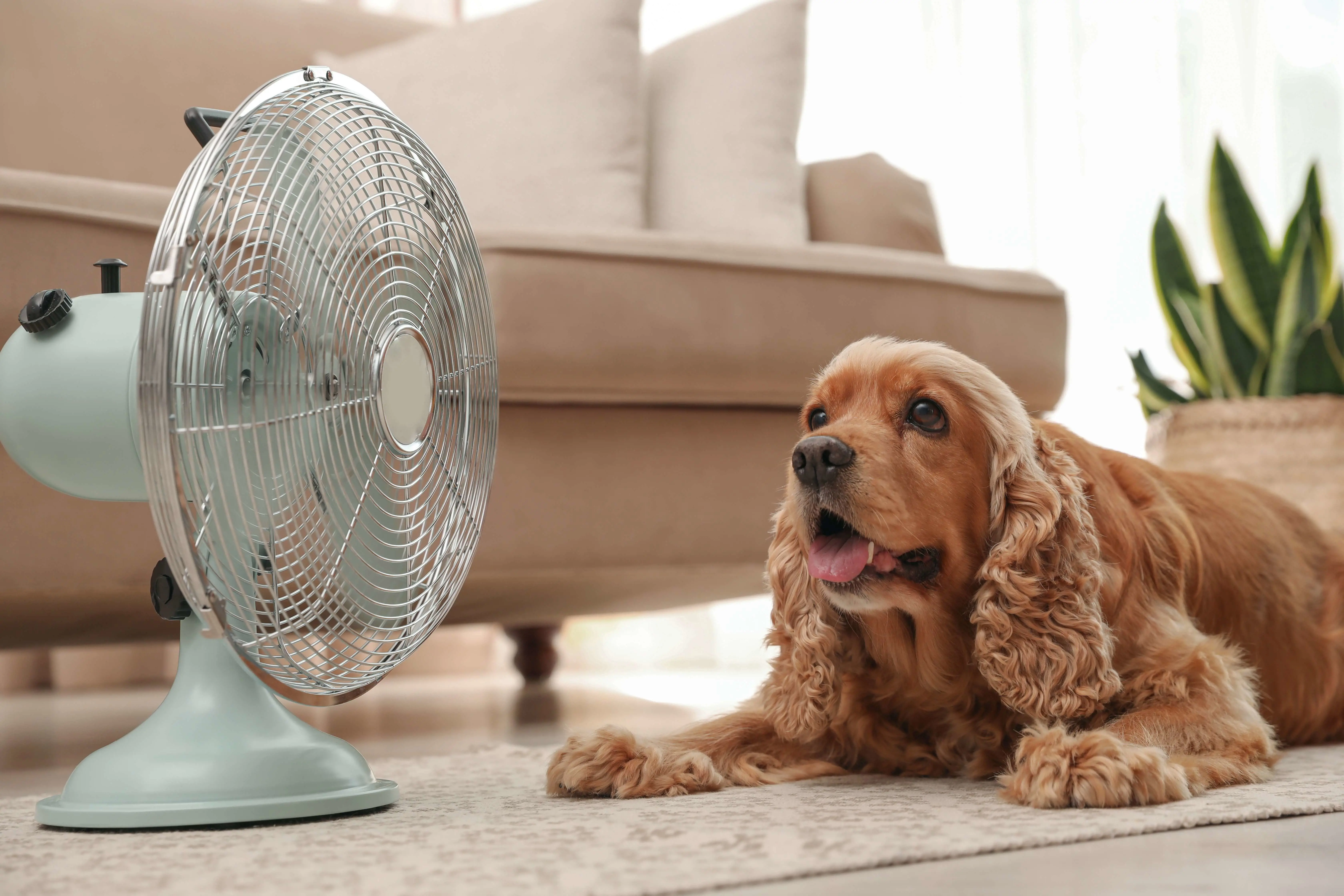Recognising signs your dog needs probiotics
13th February, 2024

Just like humans, our four-legged friends can also benefit from a dose of good bacteria to maintain their gut health. But how do you determine if your dog needs probiotics?
As a pet parent, it is essential that you be aware of the signs that may indicate your furry friend needs a little extra help in the digestive department. Recognising signs your dog needs probiotics is not always easy, as some symptoms can be subtle. Regular bouts of diarrhea, excessive gas, or abnormal stools can be indications.
Understanding probiotics
Before we delve into the signs, let's first understand what probiotics are. In simple terms, probiotics are beneficial microorganisms that inhabit your dog's digestive tract, often referred to as their gut microbiome. They play a vital role in promoting digestive health, boosting the immune system and improving overall wellness.
Identifying the signs your dog needs probiotics
Now, let's discuss the key signs that indicate your dog could benefit from probiotics. Remember, your dog's behaviour and physical health offer the best clues.
Digestive issues
Does your dog suffer from frequent diarrhoea, gas, or bloating? These are obvious signs that your dog's gut health might be out of balance. If your dog exhibits an irregular poop schedule or experiences bouts of constipation, it can be linked to an imbalanced gut microbiome.
In addition to taking care of your dog's health, it's also important to ensure their safety. For this, consider getting a dog insurance quote to help with unexpected expenses related to their health. You can get a quote through our website. If you would like to talk to one of our dog insurance specialists, you can get in touch with us at 0330 102 5748.
Excessive itching and scratching
If your dog is constantly itching and scratching, it could indicate food allergies. Probiotics can help by strengthening the digestive system and regulating a dog's immune system response.
Bad odour
Bad breath and foul body smell could indicate a bacterial imbalance in your dog. Probiotics can help clear up your dog's gut and reduce odour by controlling bacterial overgrowth.
Excessive shedding
Excessive shedding is a sign of physical stress on your dog's body. Digestive enzymes and probiotics can help relieve this stress by improving digestion and nutrient absorption.
Dry, flaky skin
Dry, flaky skin can be a sign of malnutrition or yeast overgrowth. Probiotics can help your dog's skin health by aiding in nutrient absorption and controlling bacterial overgrowth.
Recurring ear infections
A recurring ear infection can be a sign of yeast infection or a food allergy. Supplementing your dog's diet with probiotic supplements can help in managing these infections. Learn more about allergies in dogs through our useful blog.
Rapid weight loss
If your dog is losing weight rapidly without any apparent reason, it could be due to an imbalanced gut microbiome. Probiotics can help your dog digest and absorb nutrients from their food effectively.
Stress and anxiety
Stress and anxiety in dogs can affect their gut health. Probiotics can help improve your dog's mood and behaviour by maintaining a healthy gut microbiome. Healthy treats can be a good source of dog food.
Dog probiotics and antibiotics

If your canine companion is on antibiotics, it may be worth also giving them probiotics. Ensure you wait a few hours after giving your dog the antibiotic to give them probiotics.
Antibiotics, while effective in combating various bacterial diseases, can disrupt your dog's stomach. They eliminate both good and bad bacteria, leading to a potential imbalance in your dog's gut microbiome. Probiotics can help restore this balance during and after antibiotic therapy.
Dog probiotics to consider
When choosing dog probiotics look for products that contain a combination of beneficial bacteria strains such as Lactobacillus acidophilus, Enterococcus faecium, Bifidobacterium lactis, Lactobacillus casei, and Bifidobacterium breve.
Also, ensure that the probiotic you choose provides a high number of colony-forming units (CFUs) per serving to ensure that your dog is getting a therapeutic dose.
What are digestive enzymes?
Digestive enzymes within dogs are active biological molecules that play an essential role in maintaining their overall health. Just like humans, dogs need these enzymes to break down dog food, absorb nutrients, and discard waste.
These enzymes are naturally produced within the dog's body, specifically in the pancreas and small intestine. They come into action as soon as the dog starts eating, breaking down complex food particles into simple, digestible components.
These enzymes include amylase which helps in breaking down carbohydrates, lipase that tackles fats, and protease responsible for breaking down proteins.
When these enzymes are not produced in adequate quantities, it can lead to digestive disorders in dogs. This is why understanding the importance of digestive enzymes within dogs is crucial for every pet owner.
They can help support your dog's digestive health by providing them with a balanced diet or even enzyme supplements if necessary. In conclusion, digestive enzymes are the unsung heroes that work tirelessly to ensure your furry friend stays happy and healthy.
Improving a dogs gut health
Maintaining your furry friend's gut health is as crucial as yours. How to improve a dog's gut health is a question that often perplexes many pet owners.
Start with a balanced diet that includes high-quality proteins, fibres, and healthy fats. Certain types of soluble fibres, like those found in pumpkin or sweet potatoes, can serve as "prebiotics," feeding the good bacteria in your dog’s gut.
Supplementing your dog's diet with probiotics can significantly improve their gut health. Probiotics are beneficial bacteria that live in the gut and help aid digestion and fight off harmful bacteria. Regular exercise also plays a key role in maintaining a healthy gut as it helps stimulate the natural contraction of intestinal muscles.
Ensure your pet is well-hydrated as water is essential for good digestion. Avoid feeding them food scraps from your table, as some human foods can be harmful to dogs and lead to digestive issues.
Regular vet check-ups are also important to keep a tab on your pet’s overall health including their gut health. Remember, a healthy gut contributes to a strong immune system, better mood, and overall well-being of your best friend.
Final thoughts
Probiotics play a vital role in maintaining your dog's gut health and overall wellbeing. If you notice any of the signs mentioned above, it's time to consider adding probiotics to your dog's diet. However, before starting any new supplement regimen, it's always best to consult with a vet.
Helpful Pages
Recent Posts
Pet Insurance Quote
- 98% claims paid *
- Claims paid directly to vets
- 24/7 vet video consultations
- Interest free monthly payments




